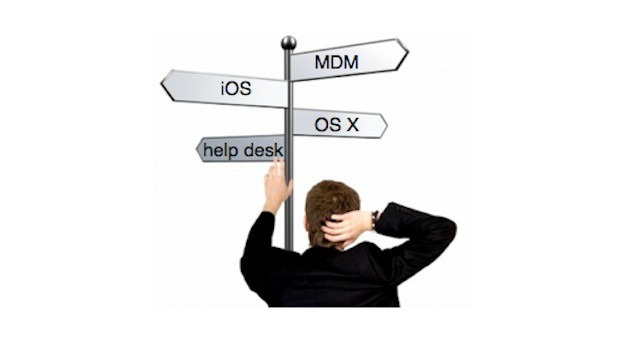IT industry group CompTIA has announced the agenda for its upcoming Breakaway Conference that runs from July 30 though August 2 in Las Vegas. CompTIA will be offering a two-day/three-session training on mobile devices in the business and enterprise environments during the event.
The training, which CompTIA refers to as CompTIA Executive Certificate in Mobility (Foundations) Course 1, 2, and 3, will focus on three distinct areas – a session on the shift to a mobile workforce and the challenges that this poses for businesses, a session on locking down mobile devices using mobile management solutions, and a session on mobile app development.

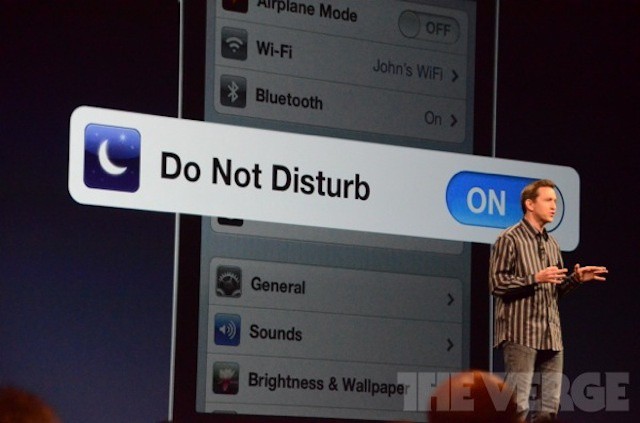



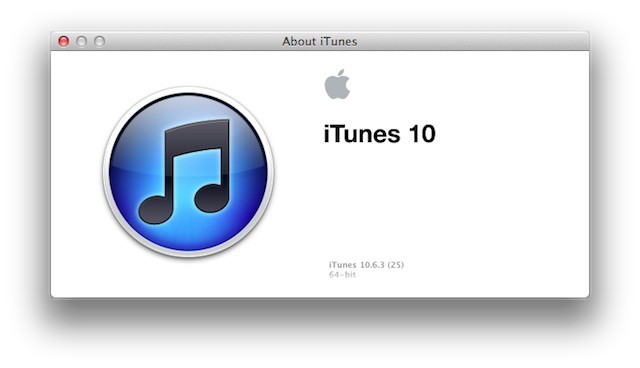
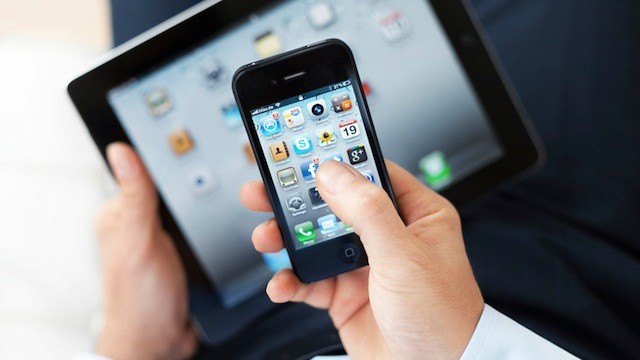
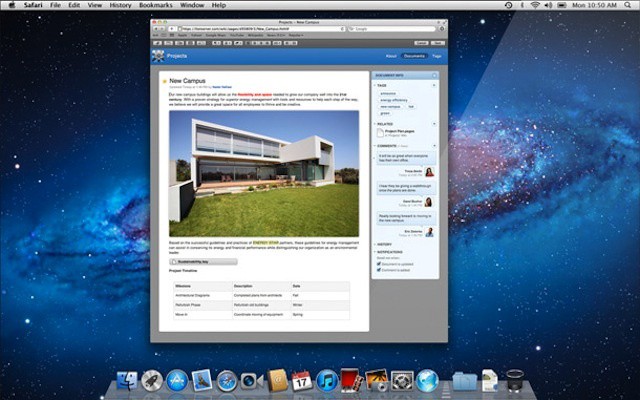


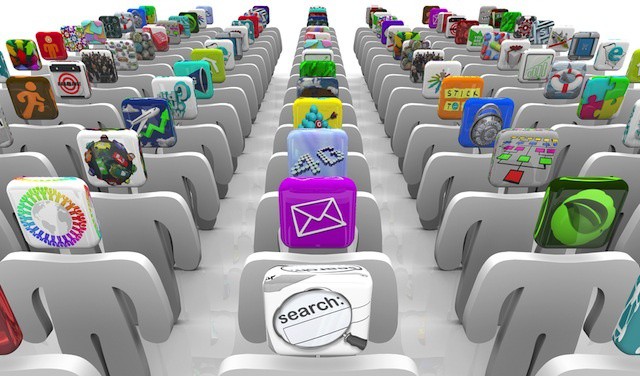
![How The iPad & Microsoft Surface Expose IT’s Dirtiest Secret [Feature] Arguing the iPad can't access legacy IT systems often means IT is ignoring much bigger problems](https://www.cultofmac.com/wp-content/uploads/2012/06/suit-ipad.jpg)

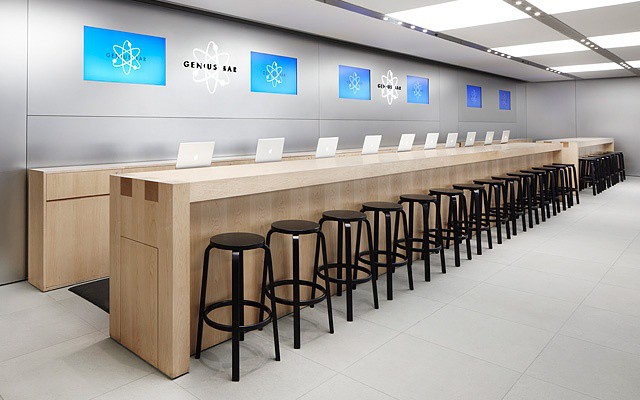
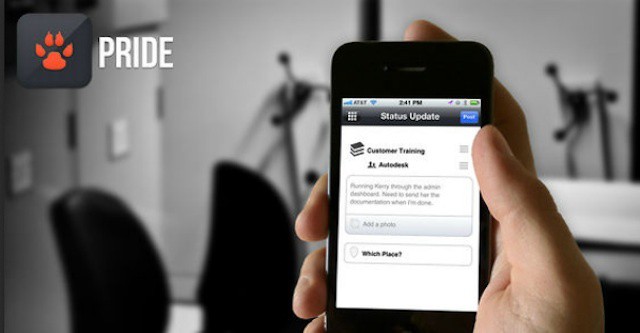

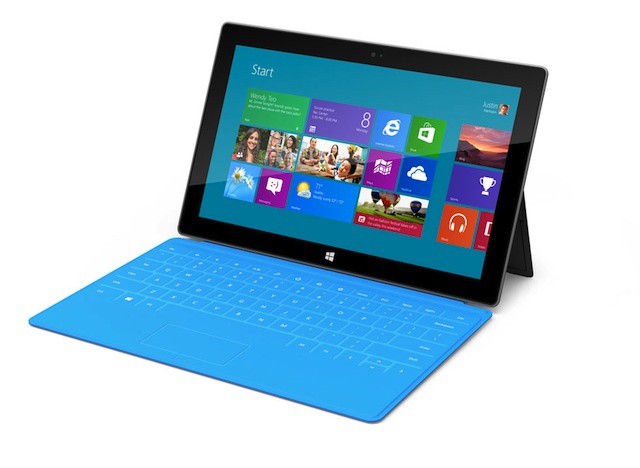
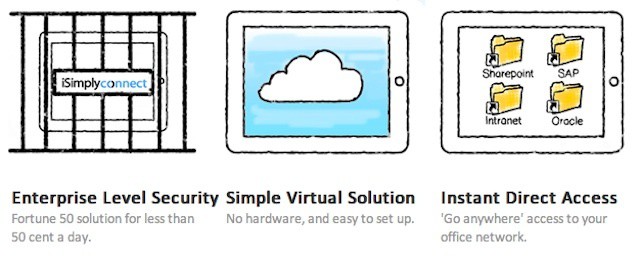

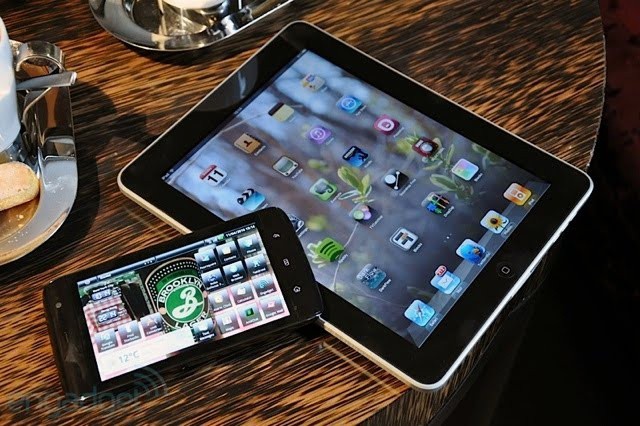
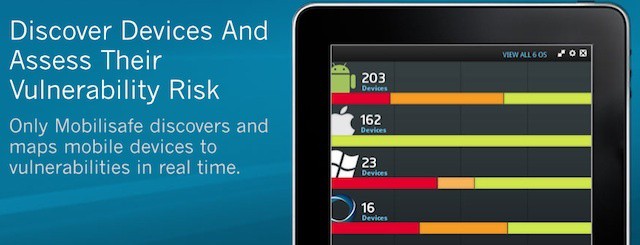
![Does Siri Belong In Business? [Feature] Siri](https://www.cultofmac.com/wp-content/uploads/2012/06/Siri.jpg)
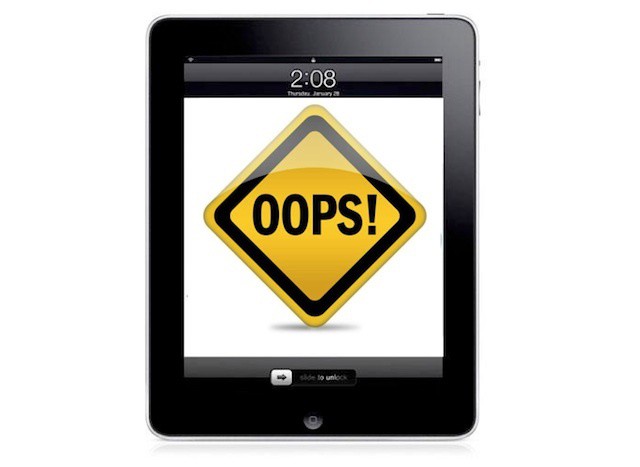
![SOTI MobiControl Offers A Unique Mix PC and iOS Management Features [Mobile Management Month] SOTI MobiControl offers PC and mobile management options](https://www.cultofmac.com/wp-content/uploads/2012/05/soitlogo.jpg)
